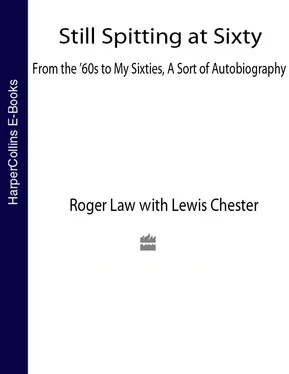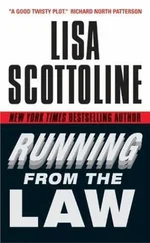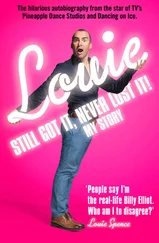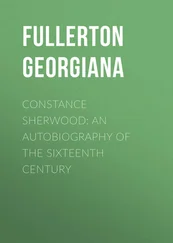If the building inspector came by asking who was the governor, we were trained to say, ‘We’re all the boss here.’ I remember that one inspector, more tenacious than most, managed to figure out that the man aloft bricking the chimney was the boss. So he took off after my father, shinning up one of our typical ramshackle structures, and caused the whole thing to collapse. He fell and broke both ankles, while my father stayed aloft, secure with his chimney.
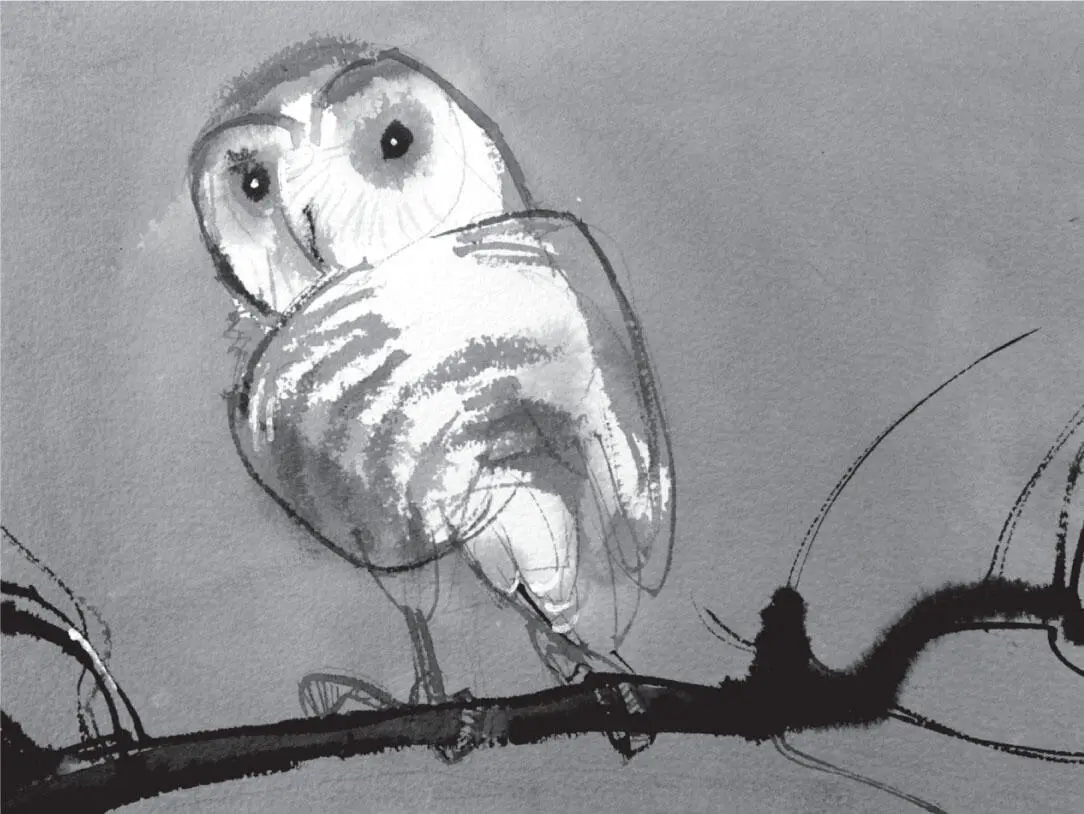
Any impediments to the flow of work somehow melted away. I remember there was what seemed like a problem with a 70-acre parcel of land near Mildenhall, prime construction territory but for the preservation order on the Saxon barn and moat it contained. A mysterious fire removed the chief obstacle, and my father’s men promptly set to work building what is, as far as I am aware, the only moated council estate in England. Local gypsies were blamed for setting the fire, but I sensed that they may not have been the prime movers.
One day Uncle Bill had a heart attack on a roof. We had two pulleys, one of which worked fine but the other was known to be dodgy. As we were preparing to lower him with the sound mechanism, Uncle Jack’s voice floated up from below: ‘Don’t put him there, boys. We’re bringing up the bricks.’ So the sick man went down on the dodgy pulley, fortunately without mishap.
On another day my young brother Martin broke several ribs when the Law Brothers work bus, en route to a distant site, slewed off the road into a river bank. Minutes after the crash, with Martin and the workers slumped dazed and bloodied by the crumpled bus, Uncle Jack came by in his car. Martin can remember his first words of succour to this day: ‘If anyone wants to work, they can get in the car and come with me.’
Episodes of this kind began to concentrate my young mind. Long before I left school I had been acquainted with most of the trials and terrors of a construction worker’s life. I had worked incredibly long hours, staggering around under a hod full of bricks, longing to hear Uncle Jack’s familiar call for one last push: ‘The day is short, and the night is long, so get along my old beauties.’ I had enjoyed the experience of having my hands stuck fast by the hoar frost to scaffolding clamps, and having to prise them off with warm tea. I had crumpled under the weight of a concrete lintel and all but gone off the edge of the scaffolding. My Uncle Jack grabbed me and saved me, without saying a word. I got the impression that this was business as usual, so I went down and got another lintel.
The annual light relief was Feast Day, the main public holiday for the farming community Littleport when people came from all around to show off their heavy horses and their most exquisite vegetables. There would be little competition tents in which people could demonstrate their prowess. I would show a few rabbits and some drawings which invariably won first or second prize. There was also a beer tent which stayed open all day, and by the close of play it would be a seething mass of flesh and tattoos. In later life I introduced my Aboriginal Australian friend, Herb Wharton, to a Littleport Feast Day celebration. He was kind enough to say, ‘It’s just like the outback, mate.’
Very occasionally I would mention to my father that the work at Law Brothers did seem rather hard, but this would only lead to an early version of the Monty Python sketch in which the participants brag competitively about the awfulness of their origins. Whatever I might have suffered, he had suffered ten times worse. I couldn’t even begin to know what tiredness was. Why, in his young days he had been so knackered that when he got one leg out of bed in the morning he had to put it back in to get the other one out. To me this sounded like quite a gymnastic achievement for an exhausted young man, but it was usually best to let my father win such arguments.
At the same time, he was not an unkind man. He did not, for example, think I should go into the world defenceless. Sometimes, without my mother’s knowledge, we would sneak off to Chatteris where there was a boxing club, made famous by Eric Boon who became the British welterweight champion. I was shown the ropes there and introduced to the Noble Art.
Family holidays would be spent on the North Norfolk coast among the sand dunes and the broad sweep of reed marshes at places that I still think of as the acceptable face of the Fens. The North Norfolk coast in summer seemed to us a world away from the bleak Fenland winters. Initially we made day trips to Holme, Old Hunstanton and Wells-next-the-Sea. Later, as my father made money, we would take a week’s holiday in places like Sheringham and Cromer. My brother and I would net shrimps and butterflies and go cockling on the mudflats where my father would haul out crabs, big as dinner plates, from under the rocks until the tide turned. Then it would be home to boil up the shrimps until they were as red and ready to peel as the skin on our backs and faces. In Cromer I even managed to get a smattering of religious education from the evangelists who held prayer meetings on the beach, competing with the Punch and Judy show for the holiday-makers’ attention. I can distinctly remember Martin and myself enthusiastically singing ‘Jesus Wants Me for a Sunbeam’, possibly because it seemed like an agreeable alternative occupation to the world of work as we knew it.
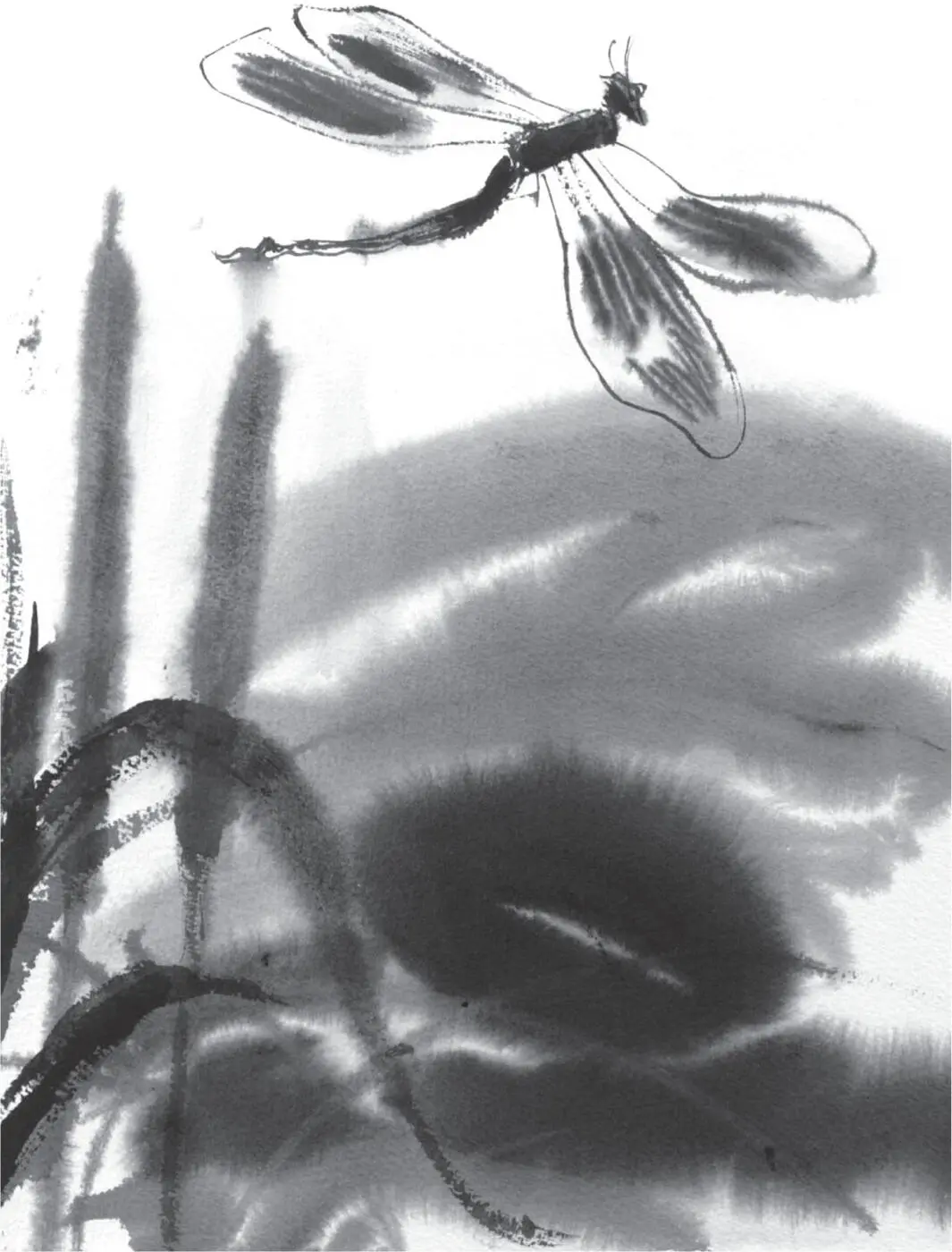
Even on holiday my father was an active man, dedicated to improving some aspect of himself or his sons. He was a strong swimmer and a keen diver, specializing in the swallow dive (you throw both arms back like wings and arch your back in imitation of a bird). He was teaching me how to do this from a breakwater at high tide when, intent on maintaining my wing spread, I hit my head on the breakwater’s hidden prop. I then drifted unconscious out to sea until I was hauled back by father who, when I came round, naturally insisted on my repeating the dive in case I lost my nerve.
Despite this and many other kindnesses, a powerful conviction was forming in my mind that fulfilling my father’s expectations of me was just about the last thing I wanted to do on leaving school. The future leadership of the Law Brothers’ construction empire would, I felt, be much better entrusted to young Martin. But my way out was not immediately apparent.
I had always liked to draw, but there did not seem to be much scope for earning an artistic living in Littleport, other than in the sign-writing area which Mr Baumber had cornered. I had always drawn for fun rather than as a career prospect, though the activity had brought me some local notoriety. One of my more ambitious designs was a large crayon portrait of Clem Attlee, done on a hoarding, which had helped Labour to lose the 1951 General Election.
It was my mother who first grasped that this hobby of mine could provide my escape route. Though supportive of my father, she could at least entertain the notion that there could be more to her children’s lives than the high-speed laying of brick on brick. She made some inquiries and discovered that it was possible then (though alas not now) to gain admittance to an art school on the strength of work done, without any formal qualifications. Accordingly I submitted a slim portfolio of my Feast Day studies to the Cambridge School of Art and was, to my great surprise, accepted.
I was not unhappy to take my leave of Littleport Secondary Modern, and the pleasure, it seemed, was wholly mutual. Mr Browning’s last headmasterly words to me were: ‘I don’t know what will happen to you in life, but wherever you go I hope you will learn some manners.’
Читать дальше
